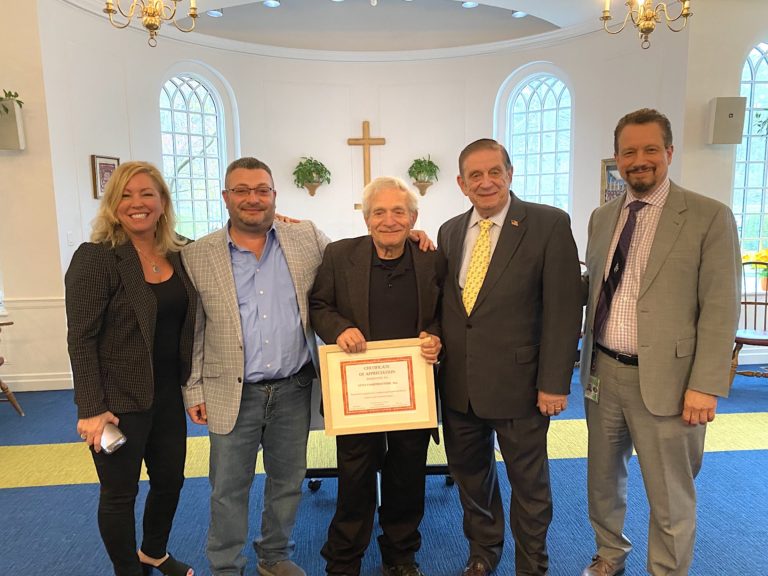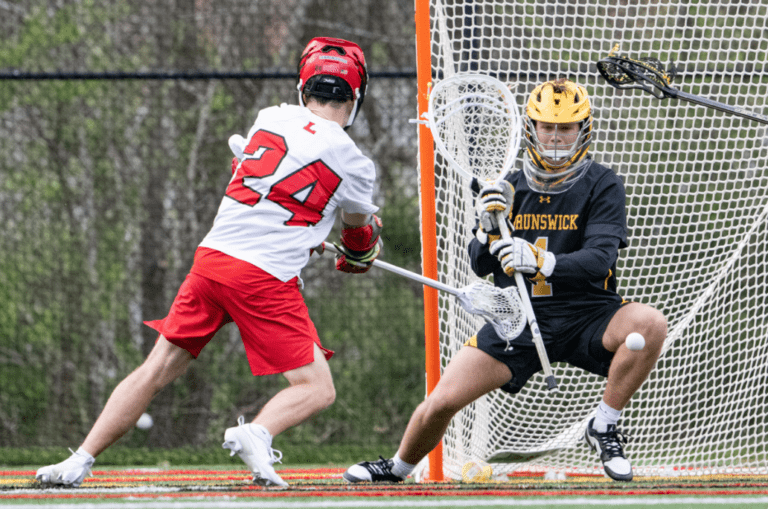

By Georgette Harrison, LPC
On my most recent trip to CVS, I kept bumping into a mom with a young boy, probably no more than 6 years old. They were both picking up some items, browsing the shelves and talking with each other about what they were going to have for dinner. They hadn’t picked up a shopping cart on their way in, so each time I saw them, mom’s hands were fuller and fuller. The last time I saw them, I heard a crash, and a loud sigh. I turned as mom looked at all of her items on the ground, and put her hands to her face in disbelief. As I started to walk over to help pick up their items, I saw the boy pat his mom’s hand, and say “It’s ok mom, it was just an accident. It happens to everybody.” The mom withdrew her hands from her face, smiled a tired smile as she looked at her son, and said “You’re right. It does happen to everybody. And there’s nothing we can’t figure out together, right?” The boy smiled and said “That’s right! Let’s pick it up together!”
Needless to say, I didn’t offer to help after that. Not only because it would have felt like I was intruding on what was clearly an understood agreement that in their family, you can always figure things out together, but also because I was moved by their interaction and needed a moment. It made me wonder about the countless times this little person might have spilled his water, or dropped and broken a plate, or fallen off his bike. I imagined his parent(s) telling him the same thing: It’s ok, it was just an accident, we’ll figure it out together. It was through this daily, good-enough, back and forth dance between parent and child, that he internalized his parent’s voice, and made it his own. He will forever carry that message within him as he encounters the inevitable setbacks and disappointments in life.
In the age of helicopter/bulldozer/lawnmower parenting, how can we take a step back and help our children keep things in perspective? More importantly, how can we, as good-enough parents, keep things in perspective? I’ve worked with several parents who were trying to answer this question for themselves, and I would sometimes hear “I want him/her to know that it’s ok to fail.” What I’ve wondered about is: when did we, as a society, start to think of things in terms of just successes or failures? Where did the middle ground between a success and failure go? I’m referring to the space in between where things are messy, mistakes happen but they’re not seen as failures? It is in this space where we might look at a mistake and consider how we might approach things differently next time. That space might also be what Bob Ross (for those of us old enough to remember) called “a happy little accident”, where we make a mistake inadvertently, but might end up with something even better than we initially planned.
I don’t disagree that we should let our children know that it’s ok to fail. What I believe is missing from that message is that mistakes are not failures. Instead, they’re a natural part of the learning process. Facing challenges in a calm way, instead of avoiding them, can foster creativity, flexible thinking, executive functioning skills, and ultimately, help our children be more resilient. If we call them failures, emotions run high because the word “failure” carries with it implied (or explicit) catastrophic consequences. This important message is conveyed early in life, but it is particularly important as our children enter adolescence and begin the journey into adulthood.
The first step is trying to consider why we got on this path to begin with? Why have we found ourselves, consciously or unconsciously, stepping in to prevent our kids from making mistakes, or rushing to fix their mistakes for them? Why have we become so quick to try to settle a dispute between our child and a friend, a teacher, a coach, instead of walking through the steps of conflict resolution with them? For many parents, it harkens back to the topic of my last article: having difficulties tolerating our child’s distress. For other parents, it’s a fear that our children will fall behind compared to their peers, and we don’t want them to feel different or unsuccessful. Other times we worry about how our parenting might be evaluated in light of our child’s mistakes. For some parents, they may fear that their children don’t have the social-emotional skills to be able to recover from a mistake.
If you’re in any (or all) of those groups, know that you’re not alone. However, you should also know that by removing all obstacles from your child’s path, your child is picking up on your anxiety. They may interpret that anxiety to mean that mistakes are failures, disappointment is intolerable, and therefore, mistakes should be avoided at all costs. The same way our children internalize our great parenting moments, they also internalize the worries we have about them, and they make them their own. They may start to think of themselves as people who don’t have the necessary tools/skills/ability to recover from a mistake. This becomes even more problematic as they move away and begin life on their own, and encounter all the blows we tried to soften for them.
Our children do not need us to do away with challenges. Instead, they need us to tell them “This isn’t what you had planned. It makes sense that you’re disappointed. But hard things are not bad. They’re just hard. You’re not alone trying to figure this out, and whenever you’re ready, I’m here to think through what you want your next steps to be.” You can also model for them how to handle a disappointment in your own life, and talk about your own “happy little accidents” and how you tried to handle them, even though you were disappointed. The main message behind these conversations is that there are truly few things in life that are catastrophic, and that even those situations can be overcome with support from our loved ones.
If your child is having significant difficulties recovering from disappointments, or if you’re trying to find a different way of parenting to promote resilience, we’re here for you. Don’t hesitate to call the Child Guidance Center of Southern CT at 203-324-6127 for assistance.
Ms. Harrison is the Director of Clinical and Community Partnerships at the Child Guidance Center of Southern CT. She earned her Master of Arts and Master of Education degrees in Counseling Psychology from Teachers College, Columbia University, and holds an Infant-Parent Mental Health Post-Graduate Certificate from the University of Massachusetts, Boston. She is a Licensed Professional Counselor in the state of Connecticut, a trainer for the Attachment-Regulation-Competency treatment model, a rostered trauma-informed Child-Parent Psychotherapy clinician, as well as a Circle of Security Parenting Facilitator.




